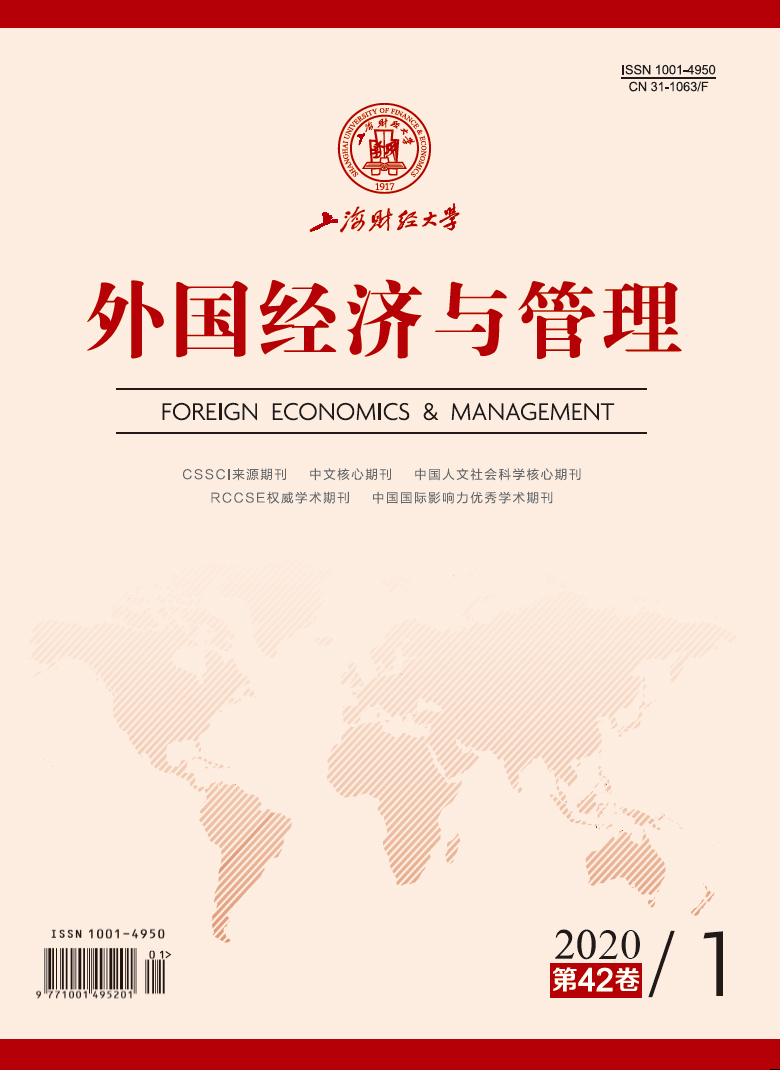Entrepreneurship has become a major and popular domain of research. Entrepreneurial bricolage and effectuation offer two new perspectives for exploring the actions and logic that underlie entrepreneurial behaviors. However, these two theories are still developing and their boundaries are ambiguous. This study compares them from theoretical origins, connotations, actors, situations and models to further clarify their boundaries and conclude with some directions for future research. We have made the following contributions: (1) We clarify the boundary conditions of the two theories; (2) We make a contribution to the development of these two theories for making several suggestions for future research. The comparisons are as follows: ① Heoretical origins. We conclude that bricolage is the evolution of resource theories while effectuation is built on bounded rationality. ② Theoretical connotations. Bricolage explains the behavior that entrepreneurs make use of resources at hand in an innovative way actively to conquer resource scarcity; effectuation gives explanation to the behavior that entrepreneurs make decisions depending on their means at hand so as to create opportunities. ③ Bricoleurs are the “expert” of resources at hand and effectuators are the “expert” of entrepreneurship. ④ Bricolage settles the resource scarcity environment and effectuation handles with environment uncertainty. ⑤ Models. The model of bricolage is one-way linear and has a clarified and predetermined target. Its outcome is the completion of such a “target”. The model of effectuation is circular and has no specific end. Its outcome is the creation of new opportunities. To conclude, we offer several directions for future research: (1) Individual factors. Future research could study the effect of one’s depth and width of knowledge and the types and richness of one’s entrepreneurial experience on entrepreneurial behaviors and decisions. (2) Organizational characteristics. Another approach would be to explore the implications of reputation, resource slack, the looseness of inner organizational environment and the exploration in organizational learning for the choice of bricolage and effectuation. (3) Environment. A third approach would be the probability of selecting bricolage and effectuation under the rapid changing industrial environment, the transitional economic environment, and the environment of high tolerance for failure. (4) Resource management. A fourth avenue is to explore whether there is a difference between strategic resource management and entrepreneurial resource management, whether entrepreneurial resources could evolve into strategic resources, and what are the strategies during the transforming period. (5) Negative effect. A final implication suggests that future research could test the negative effect of bricolage and effectuation on acquiring legitimacy, and the negative effect of conflicts between stakeholders and the use of contingencies on entrepreneurial activities.
 / Journals / Foreign Economics & Management
/ Journals / Foreign Economics & ManagementForeign Economics & Management
JIN Yuying, Editor-in-Chief
ZhengChunrong, Vice Executive Editor-in-Chief
YinHuifang HeXiaogang LiuJianguo, Vice Editor-in-Chief
Entrepreneurial Bricolage or Effectuation? Theoretical Applications and Future Prospects
Foreign Economics & Management Vol. 42, Issue 01, pp. 17 - 29 (2020) DOI:10.16538/j.cnki.fem.20190816.003
Summary
References
Summary
Cite this article
Li Xueling, Li Dingding, Liu Jing, et al. Entrepreneurial Bricolage or Effectuation? Theoretical Applications and Future Prospects[J]. Foreign Economics & Management, 2020, 42(1): 17-29.
Export Citations as:
For
ISSUE COVER
RELATED ARTICLES





 9896
9896  11429
11429

